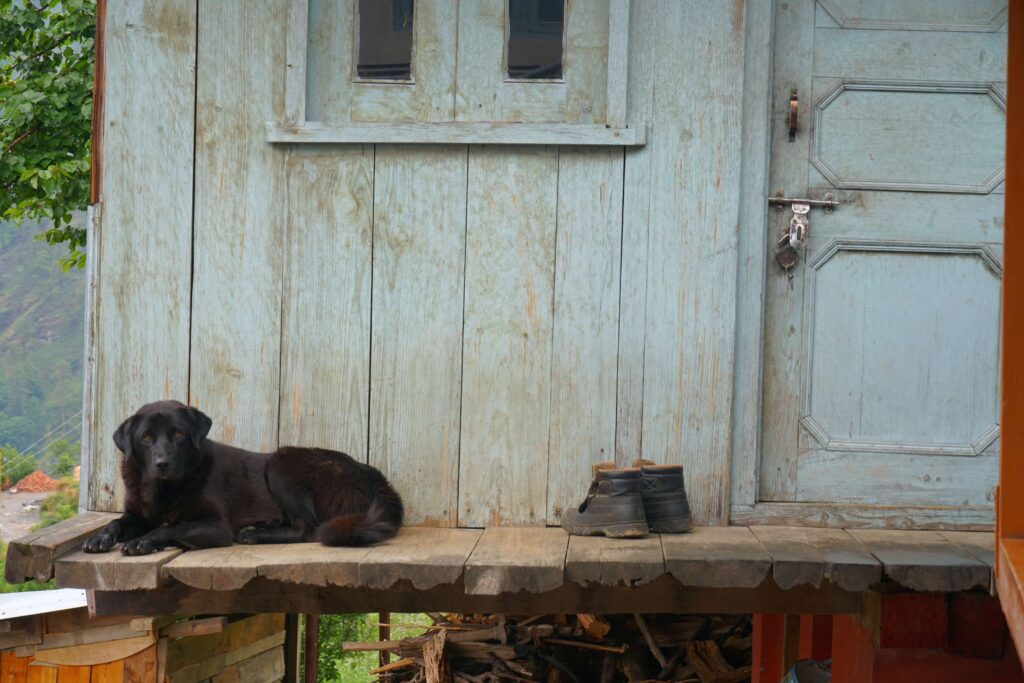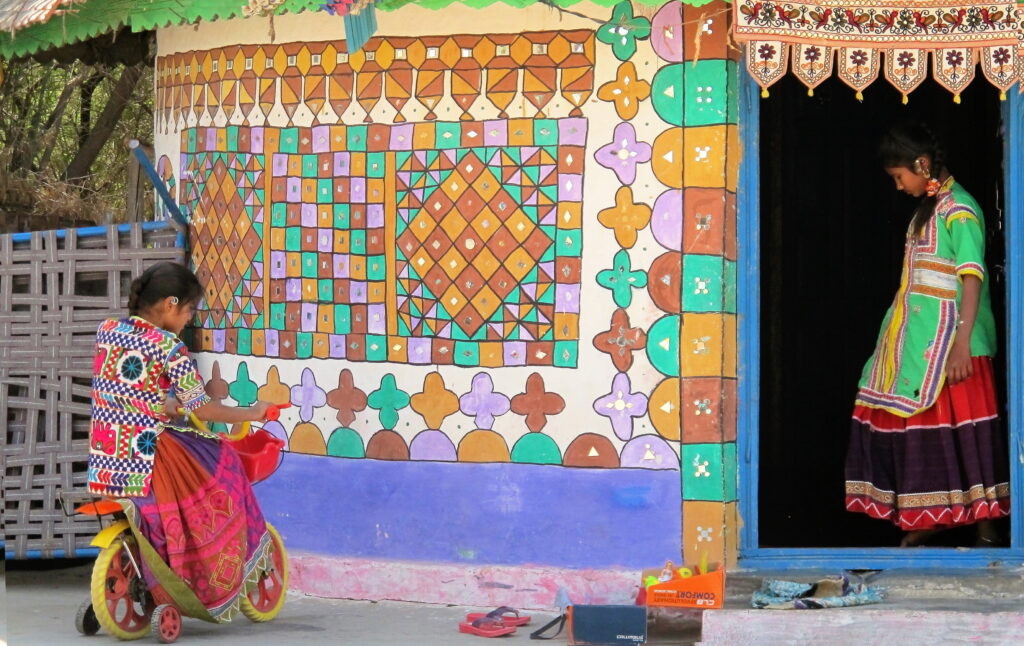Written by Arti Jain

A new song sung; nay, belted out by a familiar female voice floods the car as I
drive to the library one morning—
Main thaare paon ki jutti na
Ke jad jee kare per li utaar di
I’m not the slipper on your foot
that you use and discard at your whim
I dial up the volume. Jyoti Nooran’s voice moves through me like hot lava.
Feminist lyrics erupt fearlessly—she’s taking charge, owning her strength and
saying no to being used and discarded at the whim of her lover.
“I’m gold not dust you brushed off your shirt.”
In my Pajero, I’m moving to the beat, cheering the lyrics, hand thumping the
steering wheel, head bobbing, bottom and back trying to burst through the
strains of the seatbelt. I reach the library in a state of sizzle; energised beyond
the capabilities of a double espresso. The words, the voice and the sentiment
make me hungry for more.
For the next week or so, I can hum no other song.
A few weeks later, when I come across the submission call for Epistemic
Literary’s fourth edition, my gaze is drawn to the slipper, the dispensable jutti.
Jutti or chappal—the ubiquitous slippers, also known as hawai chappal, flip-
flops or simply rubber slippers represent exclusion like no other piece of human
clothing.
In the Indian context, a pair of slippers is the feet’s armour; braving through
dust, dung and dangers of pot holes to keep the soles safe. They protect and
serve their humans without an uff. And yet, the poor slipper never makes it past
the threshold.
What if our slippers were to write a song about being used and discarded by us?
Their human lovers? Would it sound like protest poetry too?
Is there a term to describe being excluded by the excluded?
The humble chappal, the muddy boot, the flip-flop that doesn’t cut the mustard
with posh restaurants become symbols of exclusion in the photos I have
curated for this submission. The song led me to them.

.
Arti Jain is a poet, an award-winning spoken word artist, a storyteller, and an author. Her works have appeared in National Flash Fiction, Usawa Literary Review, Muse India, The Kali Project, Kindle India Magazine, Gulmohur Quarterly, The Hooghly Review, Poems India, Epistemic Literary and BTWN. She has authored two books: And all the Seasons in between (Ukiyoto Publishing, June 2021) and Don’t Climb on The Bullock Cart (Parakeet Books, U.K. 2023). She writes and performs poetry in English and Hindi. She lives in Doha, Qatar.
